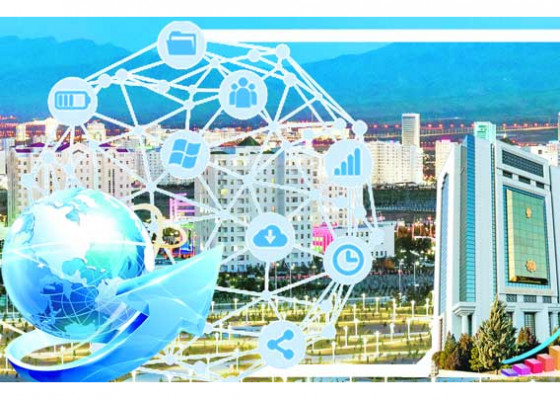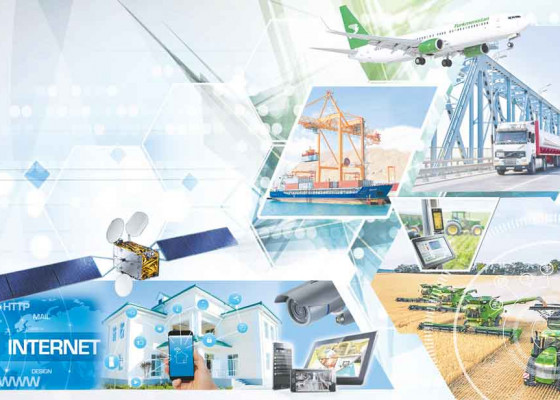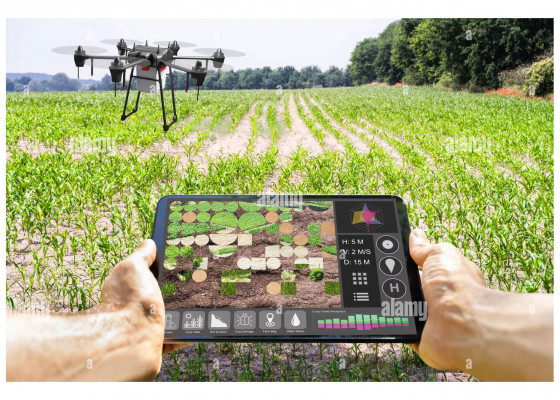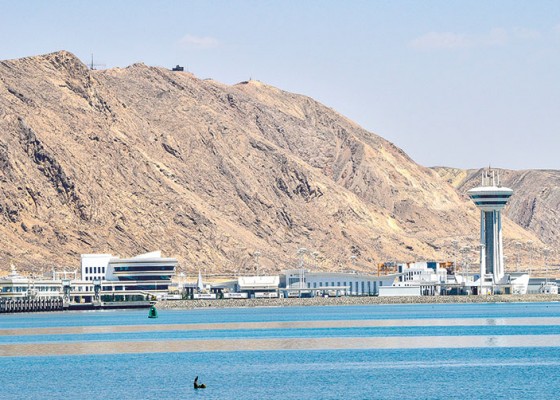Digitalisation and its place in the modern world
In a new era in our country, there is a widespread introduction of digital technologies in various spheres of life: industry, economy, education, culture, services and much more. This phenomenon is caused by the rapid development of information technologies, microelectronics and communications in most countries of the world. Digitalisation is a global process that more and more subjugates the planet and even space beyond its borders with every passing day. Due to its spread, the methods of business management are also changing, and this is based on the Internet. Data transfer to the global web is carried out through input devices and various gadgets. For the development of information technology, the term “informatisation” is often used. It is necessary to clearly define the differences between digitalisation and informatisation. The main distinguishing features of digitalisation are the ability to analyse and predict, independently choosing the best solution and also to perform the tasks that the user can set before it. In other words, a digital system is a more advanced object than a machine, but less than artificial intelligence. For example, an enterprise may be equipped with computers with Internet access. Such an enterprise can be called information-based, but not digital. This enterprise can only become digital when technology is used in a systematic and holistic ma




















